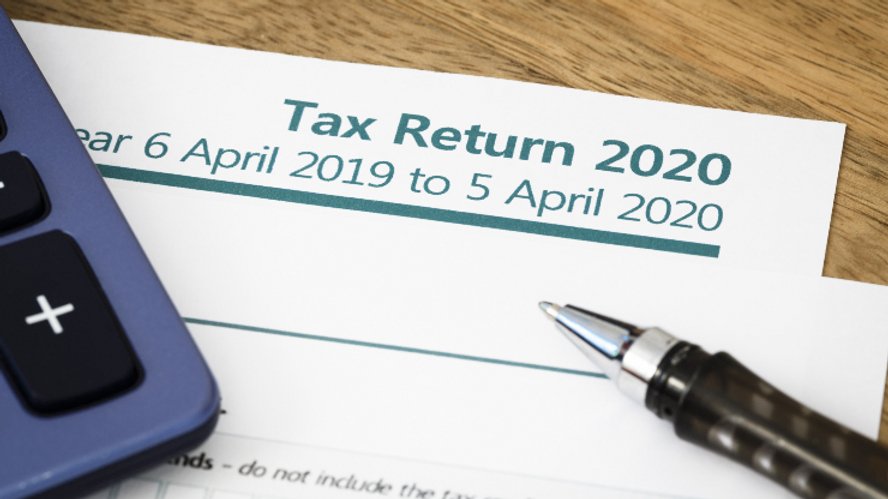
During tax season, the majority of Americans receive a tax refund. In fact, many Americans have come to rely on receiving a significant check in the weeks or months following their filing date. However, in the past three years, fewer Americans received tax returns than ever before. In April 2019, the IRS issued approximately 1.6 million fewer refunds than in 2018. This year, individual refunds were reduced by an average of $20 per taxpayer, and for the first time, many Americans actually owed money to the IRS.
To understand why tax refunds are down, you must have a general understanding of the tax system and recent tax reforms. Outlined below is some helpful information about how America’s self-reporting tax system works and why refunds are historically down. If you are struggling with accumulated tax debt from your 2019 return, you should consult a skilled tax resolution lawyer.
How the Withholding Tax Works
America runs on a self-reporting income tax system. This system requires American citizens to calculate how much they owe the IRS annually and make the required payments. Self-reported taxation poses advantages and disadvantages for the government. On the one hand, it reduces the overall overhead the federal government must pour into tax calculations. However, it forces the government to wait a whole year to collect its primary source of revenue. To solve this dilemma, the government created the withholding tax.
Withholding is the amount of money taken out of every worker’s biweekly or monthly paycheck. The amount of money, or withholding, taken from your paycheck reflects an estimate of the payments you would otherwise owe at the end of the year. In theory, the money deducted from your paycheck over the course of a year should equal the amount you would owe if you paid the IRS in an annual lump sum.
During tax season, American workers calculate how much they owe the IRS and compare that number with the amount the government collected in withholding. If the IRS withheld more money than a worker owed, they issue a refund in the form of a check. Conversely, if the IRS withheld less than an owed amount, the taxpayer must pay the difference. Traditionally, the IRS has overestimated the amount of money taxpayers owe—in most tax years, 70 percent of Americans receive a tax refund.
Why the IRS Overestimates the Withholding Tax
Historically, the IRS creates its withholding tables to purposely overestimate the amount of money taxpayers will owe. Most economists, accountants, and personal finance experts don’t agree with this approach, highlighting that when Americans over pay their taxes, they essentially give the government an interest-free loan.
However, despite the view of financial experts, most Americans love the withholding system. For most Americans, the government’s inaccurate estimations act as a forced savings account—one that results in an annual check of hundreds or thousands of dollars.
Not surprisingly, the tax system is purposefully designed this way. Instead of making Tax Day a time where Americans must write a giant check for the government, it is a time when the government pays them. As a result, tax refunds are extremely popular.
Recent Tax Laws Have Impacted the Withholding Tax
In December 2017, Congress passed the Tax Cuts and Jobs Act (TCJA), which took effect for the first time in the 2018 tax year. This act enacted a trillion-dollar tax cut and implemented significant changes to the corporate and individual income tax. Among the most notable changes in the TCJA was a 40 percent reduction in the corporate tax rate and policies that decreased the income tax for most Americans. However, since the TCJA was accompanied by a restructuring of the withholding tax, most Americans actually thought their taxes went up.
In response to the policies that were enacted by the TCJA, the IRS withheld less money from American’s paychecks than they had in years past. As a result, many Americans actually owed taxes in the 2018, 2019, and 2020 fiscal years, and the perception for many taxpayers was that their taxes had increased. However, for the large majority of Americans, taxes did not go up. The IRS simply took less from their biweekly paychecks. If you owed the IRS a surprise check in 2019, this is probably why.
Contact a Skilled Tax Resolution Lawyer
If you accrued tax debt as a result of a surprise check from the IRS, you should consult with a skilled tax resolution attorney. At Morgan Sebastian Law, we’re eager to confront all the complexities of your tax issues. When you work with Attorney Becky Sebastian, you will experience compassionate attention that provides a sense of relief and peace of mind regarding your financial state.
To schedule a consultation with an experienced tax resolution lawyer, call 877-938-1350 or fill out our online contact form.

